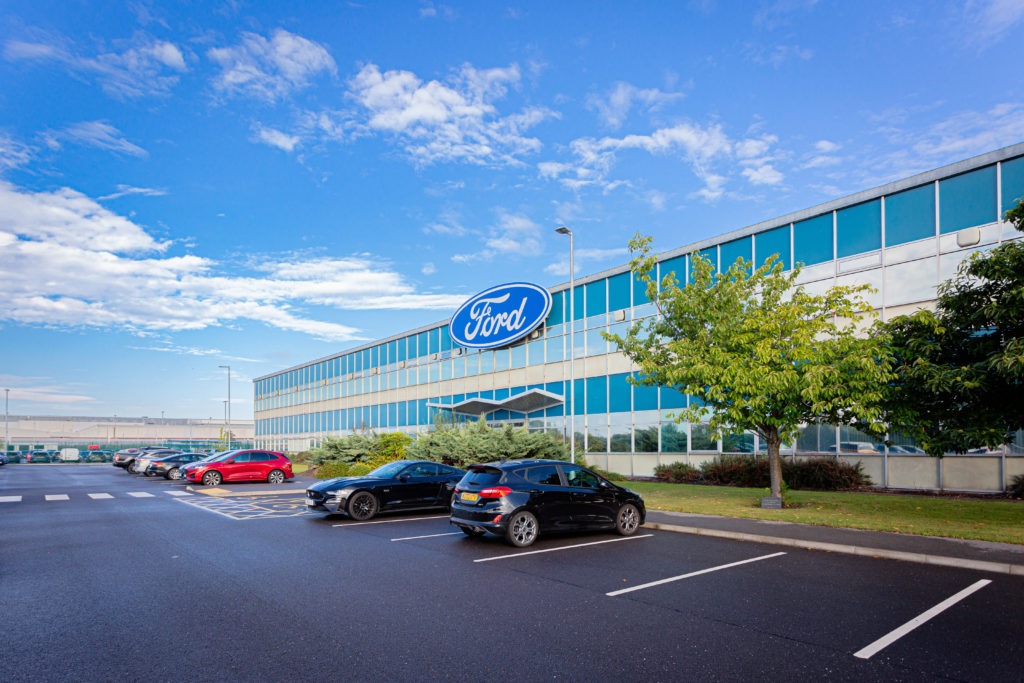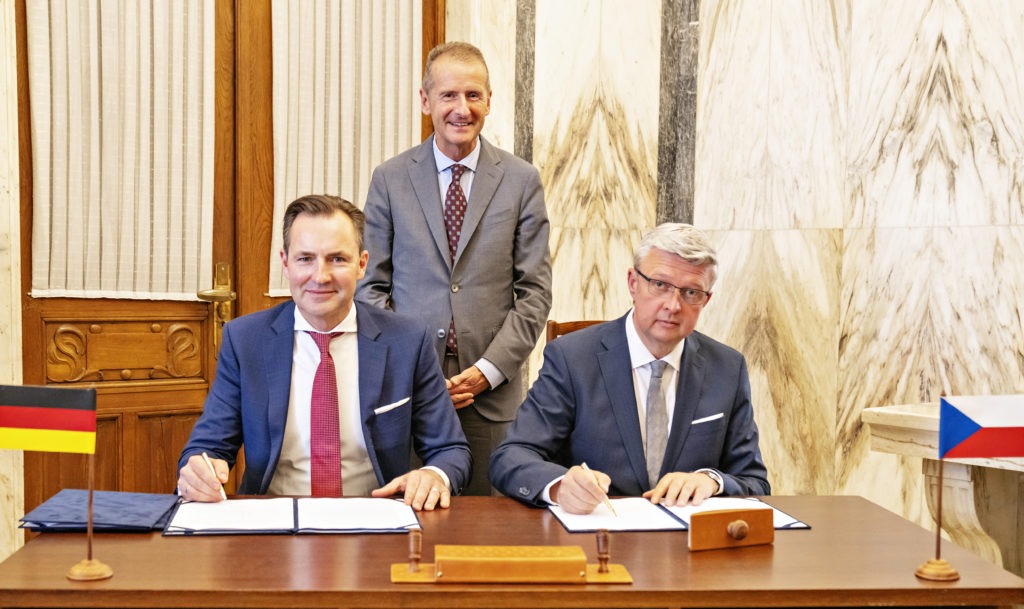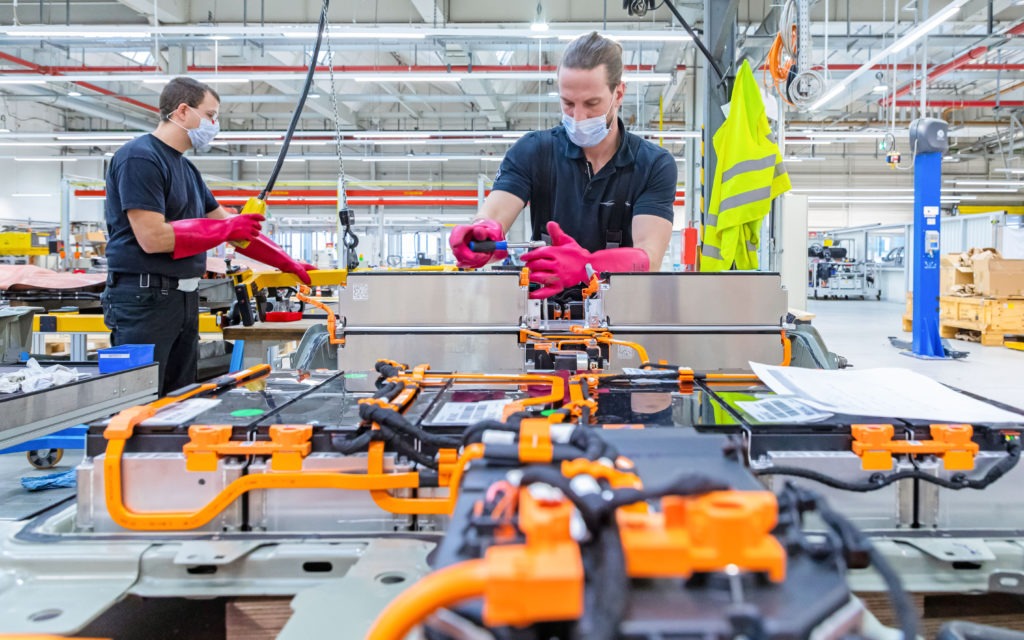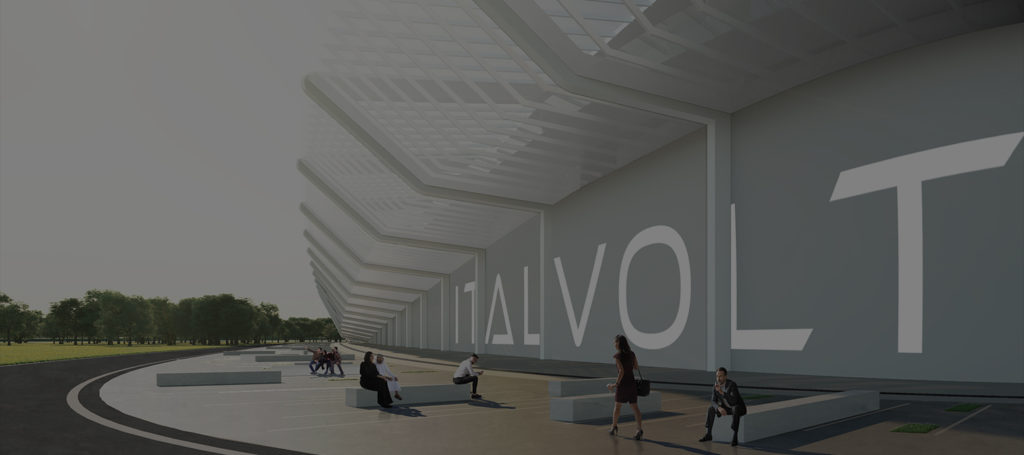Ford to invest £230 million in electrification of UK’s Halewood plant
19 October 2021

Ford intends to invest £230 million (€272 million) in its Halewood site in the UK. Upgrades to the vehicle-transmission plant will see it build electric power units for the brand’s future battery-electric vehicles (BEVs).
Power-unit production in Halewood is scheduled to begin mid-2024, making it Ford’s first BEV component manufacturing site in Europe. Capacity is expected to reach roughly 250,000 units a year, manufactured for both passenger cars and commercial vehicles.
The £230 million injection of funds into the Halewood site signifies both Ford’s commitment to electrification and the UK. In turn, the investment includes money from and is subject to, the country’s Automotive Transformation Fund (ATF). The ATF allows businesses to apply for a share of up to £1 billion for capital-centric investment projects that help industrialise the UK’s electrified-automotive supply chain.
Autovista24 contacted Ford for clarification on the amount contributed from the ATF and the conditions attached. However, the carmaker did not respond prior to the publication of this article.
‘This is an important step, marking Ford’s first in-house investment in all-electric vehicle component manufacturing in Europe. It strengthens further our ability to deliver 100% of Ford passenger vehicles in Europe being all-electric and two-thirds of our commercial vehicle sales being all-electric or plug-in hybrid by 2030,’ said Stuart Rowley, president of Ford Europe.
‘We also want to thank the UK government for its support for this important investment at Halewood which reconfirms Ford’s continuing commitment to the UK and our position as a leading investor in this country’s auto industry and technological base,’ he added.
UK powerhouse
The power unit contains all the necessary electric components, which replace the engine and transmission in an internal combustion engine (ICE) vehicle. Halewood was chosen to produce this vital part thanks to its strong track record on quality, competitiveness, and skills.
As electrification sweeps the automotive industry, questions are being raised about how BEVs will be built. Fear is prickling among factory workers as the number of components shrink but the amount of automation rises. This is why Ford’s latest announcement has been met with union-backed relief.
‘We are delighted the company has decided to make this important investment at Halewood, helping to safeguard Ford jobs at the site into the future,’ said Kevin Pearson, Unite union convenor for Halewood. ‘The decision recognises the experience, commitment and competitiveness of our world-class workforce and is a great source of pride for all of us working at Halewood Transmission Plant and for the wider community.’
Building post-Brexit
Halewood currently builds transmissions for several Ford passenger and commercial vehicles, exporting 100% of what it produces. The car company is one of the UK’s largest exporters, shipping engines and transmissions to more than 15 countries on six continents, with overseas sales generating roughly £2.5 billion annually. Joining other manufacturers like Stellantis, Nissan and Aston Martin, Ford is providing some reassurance that with the UK’s exit from the European Union now complete, it is still committed to business in the country.
‘Ford’s decision to build its first electric vehicle components in Europe at its Halewood site is further proof that the UK remains one of the best locations in the world for high-quality automotive manufacturing. In this highly competitive, global race to secure electric vehicle manufacturing, our priority is to ensure the UK reaps the benefits,’ said Kwasi Kwarteng MP, the UK’s government’s business secretary.
‘Today’s announcement, backed by government funding, is a huge vote of confidence in Britain’s economic future and our plans to ramp up electric vehicle production. It will future-proof Halewood’s proud industrial heritage and secure high-skilled, well-paid jobs across the Northwest for years to come,’ Kwarteng added.



